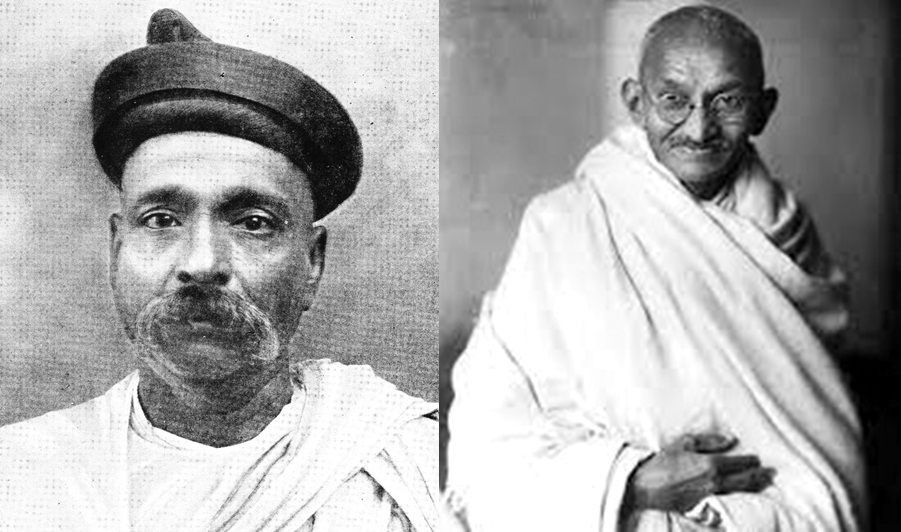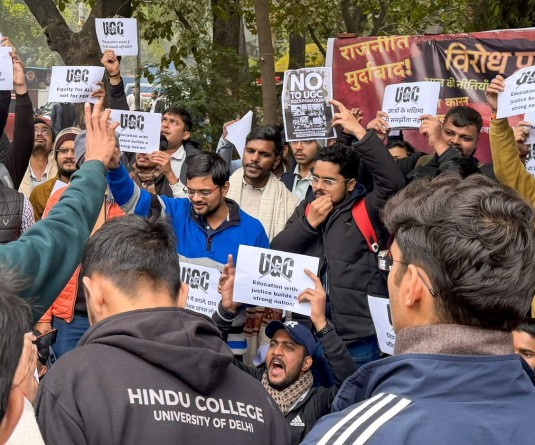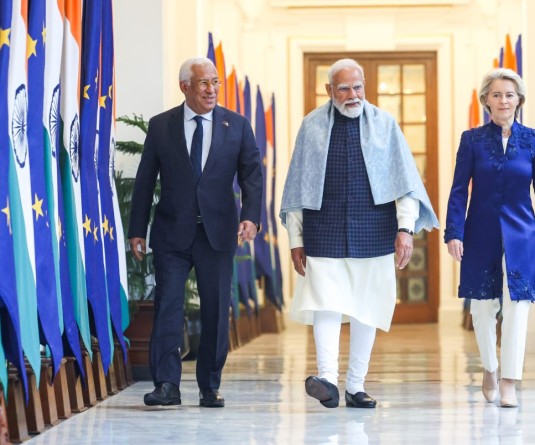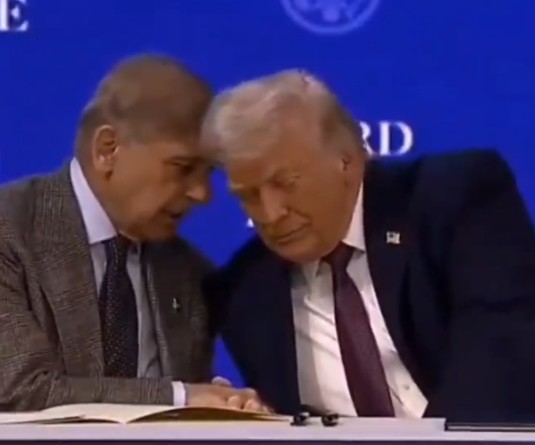A colonial legacy, Tilak, Mahatma Gandhi were charged under Section 124A.(photo:wikipedia) IANS

KAVYA DUBEY
IANS | June 11
A colonial remnant that has managed to persist like the rock of Sisyphus is the notion of sedition - and the law that seeks to keep the government safe from being questioned defiantly.
A product of the British Raj, the law against sedition was an instrument to quell protests and silence the voices of critique against the government.
Though preserved as a legal heritage of a dark past, the law against sedition remains operational in the same manner: Protect the government from accountability in a certain regard, and silence certain questioning voices of Indian people.
The law regarding sedition was drafted in 1837 by Thomas Macauly, but found no mention when the Indian Penal Code (IPC) was enacted in 1860.
It was only in 1870 that Section 124A made its way into the IPC through an amendment initiated by Sir James Stephen. Thus was engineered one of the methods to stifle dissent of the Indian people, essentially the nationalist voices.
This clearly implies that nationalism and sedition are opposing concepts when the government stands in between.
Under this provision, sedition was said to be committed when anyone by means of "words or otherwise brings or attempts to bring into hatred or contempt, or excites or attempts to excite disaffection towards the government established by law".
The celebrated 'seditious' offenders of colonial India
The icons of the Indian freedom struggle who were convicted on account of sedition include Bal Gangadhar Tilak, Bhagat Singh, Mahatma Gandhi and Jawaharlal Nehru.
Tilak was the first to be convicted of sedition during the Raj. His offence was that he published articles in 'Kesari' (his Marathi newspaper) that would instigate people to thwart the government's effort to curb plague in India.
He was thus tried at Bombay High Court in 1897 under sedition for the first time. He was held guilty by a nine-member jury, six of whom were whites who voted against Tilak, while three Indian jurors voted in his favour. He was sentenced to 18 months in prison.
Further, in June 1897, Tilak was convicted by the same court for his addresses at a Shivaji festival that allegedly instigated the murder of two British officers. It was then that the presiding Judge broadened the scope of 'disaffection' towards the government and included 'disloyalty' under Section 124A of the IPC.
Subsequently, when Khudiram Bose and Prafulla Chaki lobbed a bomb at Douglas Kingsford in Muzaffarpur, accidentally killing barrister Pringle Kennedy's wife and daughter instead of the intended target, Tilak published two articles: 'The Country's Misfortune' (May 12, 1908) and 'These Measures Are Not Sustainable' (June 9, 190) in 'Kesari'.
These articles irked the British to the extent that they enacted Explosive Substances Act, 1908. As per this law, "any person who unlawfully and maliciously causes by any explosive substance and explosion of a nature likely to endanger life or to cause serious injury to property shall, whether any injury to person or property has been actually caused or not, be punished".
In the Emperor vs Bal Gangadhar Tilak case, 1908, Bombay High Court Judge D.D. Davar said that Tilak's writings were "seething with sedition".
He was apprehended on July 3, 1908, and his second sedition trial was consigned to Mandalay Prison in Burma till 1914.
In 1916, Tilak was again prosecuted for sedition, but was defended by Barrister Mohammed Ali Jinnah. He was acquitted this time.
Later, on March 10, 1922, Mahatma Gandhi was arrested on account of sedition, following which, he was sentenced to six years in prison by Judge Broomfield.
Due to the incident of lynching of policemen in Chauri Chaura, Gandhi was prosecuted along with his publisher for his 'anti-British' articles published in 'Young India'.
'Young India' was a weekly journal in English founded by Lala Lajpat Rai in 1916. It was later published by Mahatma Gandhi.
The incident of Chauri Chaura took place on February 4, 1922, in Gorakhpur, when the police opened fire at a large group of protesters for the non-cooperation movement.
The protesters then set ablaze a police station, killing all its occupants. This episode resulted in the death of three civilians and 22 policemen.
Consequently, Gandhi halted the nation-wide movement on February 12, 1922. Nonetheless, 19 arrested protesters were sentenced to death and 14 were imprisoned for life under colonial laws.
Independence was attained after navigating through treacherous colonial designs like 'sedition'. In what may look like progress, the word 'sedition' was removed from the Constitution on November 26, 1949, after Constituent Assembly debates in 1948.
However, the notion of sedition continues to remain as a paradox, staring at the faces of dissenting Indian voices.
There is certainly a need to look back and put an end to the Sisyphian exercise to exhaust the voices of sovereignty, democracy, and their essence - dissent.






